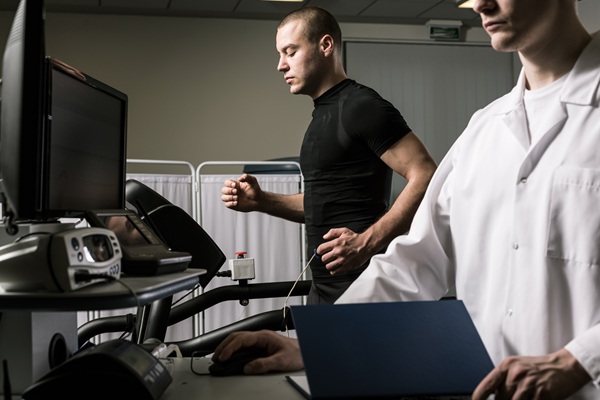3 Health Conditions That a Heart Specialist Can Treat

Wondering what type of health conditions a heart specialist can treat? Also known as cardiologists, heart specialists are medical professionals who diagnose, manage, and treat heart disease. Since there are different types of heart specialists, choosing the right one is necessary.
About cardiologists
When someone needs to see a cardiologist, it means their heart is in need of treatment. Many patients are referred to a cardiologist after reporting certain symptoms to their primary care professional, with shortness of breath, chest pain, and dizziness being some of the more common symptoms. In order for a cardiologist to figure out exactly what is wrong with the patient, they will perform certain tests and examinations.
3 Conditions that cardiologists treat
The list below includes some common health conditions that cardiologists treat in their patients.
1. Congenital heart disease
Congenital heart disease is a health condition that someone is born with. When someone is born with this birth defect, it means that there are defects in the structure of their heart, which can lead to them experiencing various types of heart-related problems. Because there is no cure for this heart condition, it is essential for anyone who has been diagnosed with congenital heart disease to be under the supervision of a heart specialist. According to the Mayo Clinic, cardiologists trained in congenital heart disease provide advice and consultation to patients throughout their lives regarding all types of medical conditions or treatments.
2. Coronary heart disease
Coronary heart disease is a condition in which the vessels that supply blood to the heart become damaged or diseased. One of the more common reasons for this occurring is due to a buildup of cholesterol. Because the coronary arteries are the type of arteries that supply blood, oxygen, and nutrients to one’s heart, a buildup of plaque can lead to one experiencing a number of heart-related problems. These problems include but are not limited to chest pain, heart failure, abnormal heart rhythms, and heart attacks.
3. Congestive heart disease
Congestive heart disease is a term used to describe what happens when the muscles of the heart are not able to pump the blood properly in and out of the heart. This condition is often due to one having high blood pressure or narrowed heart arteries, as living with these two conditions makes one's heart much weaker. When the heart is not able to pump blood effectively, it can cause someone to experience additional health problems. This includes but is not limited to chest pain, fatigue, swelling, weight gain, and difficulty breathing.
Do you need to see a heart specialist?
The more someone understands about their particular health condition, the more likely they will be to get any treatment they need. It is important to ask medical professionals questions, as this ensures that patients will receive the correct answers. For those who are living with one of the above health conditions, making an appointment with a cardiologist is a good first step.
Get more information here: https://boyntonbeach.floridapremiercardio.com or call Florida Premier Cardiology at (561) 229-1411
Check out what others are saying about our services on Yelp: Read our Yelp reviews.
Recent Posts
A cardiac stress test is a diagnostic tool to evaluate how well the heart performs under physical stress. Cardiologists use this test to detect underlying cardiovascular conditions, monitor treatment progress, or assess the risk of future heart complications. Cardiac stress tests are essential in the early detection and management of heart disease.A cardiac stress test…
Peripheral arterial disease affects blood flow in the arteries, most commonly in the legs. It develops due to plaque buildup in the arteries that causes them to narrow and restrict circulation, possibly leading to discomfort, difficulty walking, and other serious complications. Recognizing the symptoms early and exploring treatment options can help improve the quality of…
Receiving cardiovascular treatment is a critical step in managing heart health, but recovery and long-term are equally vital to ensure long-term wellness. Whether the treatment involves medication management, interventional procedures, or surgery, maintaining a relationship with the cardiologist and following their recovery guidelines is crucial. A structured follow-up plan allows patients to maintain the benefits…
An echocardiogram is a common and painless test that helps doctors evaluate heart health. This test uses sound waves to create images of the heart, allowing cardiologists to examine its structure and function. Many people feel nervous before a medical test, but understanding what to expect can help reduce stress.An echocardiogram is a diagnostic test…


